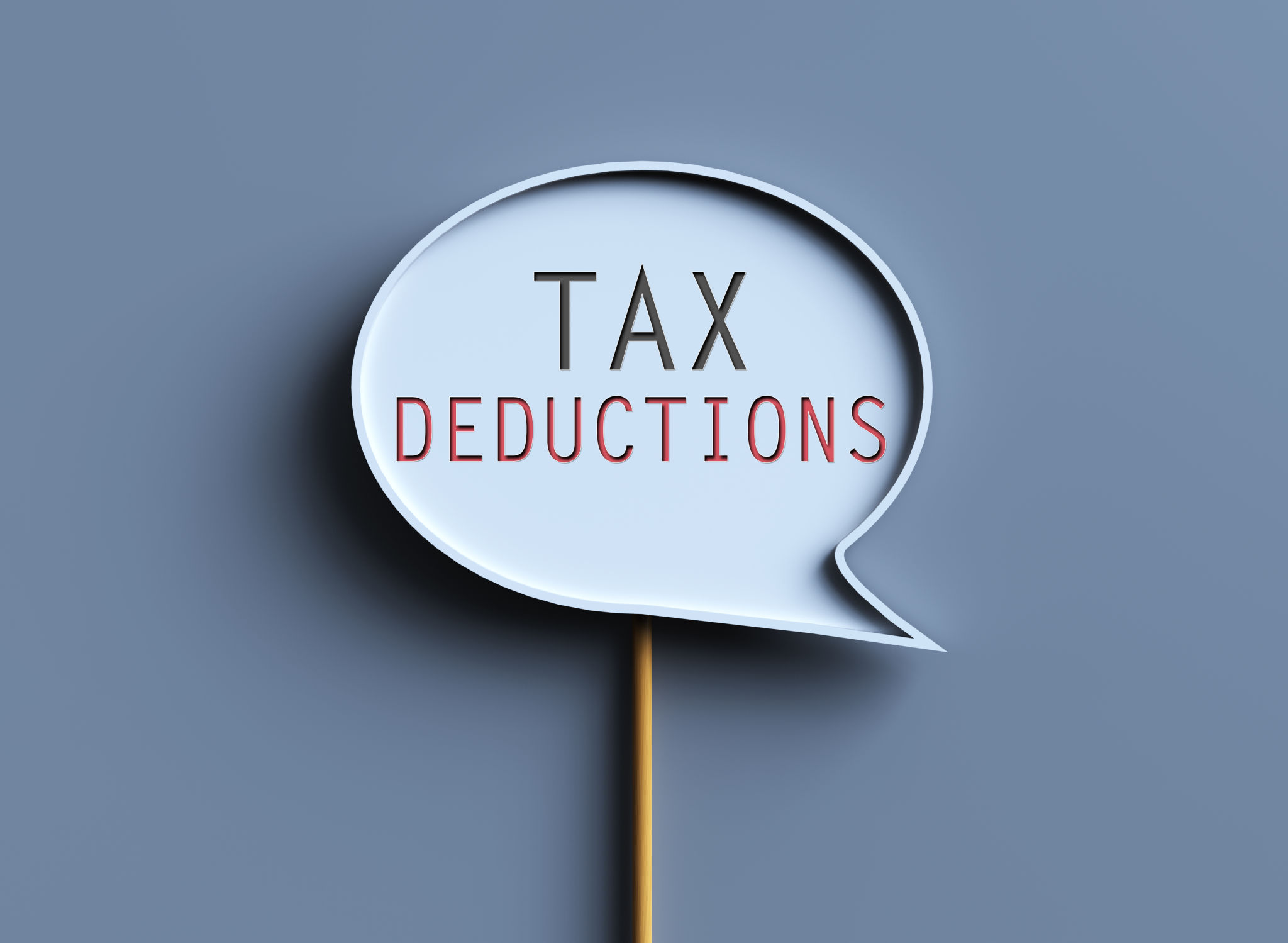Tax Season Readiness: A Business Owner's Guide
Understanding Your Business Tax Obligations
As a business owner, navigating tax season can be complex and overwhelming. Understanding your tax obligations is the first step in ensuring a smooth filing process. It's important to know which taxes apply to your business, whether it's income tax, payroll tax, or sales tax. Familiarize yourself with the deadlines and requirements specific to your industry and location to avoid any penalties.

Organizing Financial Records
Keeping your financial records organized is crucial for tax season readiness. Start by gathering all necessary documents, including income statements, balance sheets, and receipts. Implement a system for tracking expenses throughout the year to make this process easier when tax time arrives. Consider using accounting software or hiring a professional to streamline this task.
Utilizing Accounting Software
Investing in reliable accounting software can save you time and reduce errors. These tools can help track your expenses, generate financial reports, and even integrate with your bank accounts. This not only helps during tax season but also provides valuable insights into your business’s financial health year-round.
Maximizing Deductions and Credits
To optimize your tax return, it's essential to understand which deductions and credits are available for your business. Common deductions include office supplies, travel expenses, and employee salaries. Stay informed about any new tax laws that may affect your eligibility for certain deductions or credits.

Consulting a Tax Professional
While it may be tempting to handle taxes on your own, consulting a tax professional can be beneficial. They can provide guidance on complex tax issues and ensure you're taking advantage of all possible deductions and credits. Their expertise can also help you avoid costly mistakes and audits.
Preparing for Potential Audits
No one wants to face an audit, but being prepared can alleviate stress if one occurs. Maintain comprehensive records of all financial transactions and keep them organized and accessible. This will make it easier to provide any requested documentation quickly and accurately.
Understanding the Audit Process
Familiarize yourself with the audit process so you know what to expect if selected. Generally, audits involve a detailed examination of your financial records to ensure accuracy and compliance with tax laws. Knowing the process can help you respond calmly and confidently should you ever receive an audit notice.

Planning for the Future
Once you've successfully navigated through tax season, take time to reflect on areas for improvement. Consider setting aside funds throughout the year to cover any potential tax liabilities. Regularly update your accounting practices and stay informed about changes in tax legislation that could impact your business.
Being proactive about tax season readiness not only eases the annual stress but also positions your business for continued success. With careful planning and organization, you can focus on growing your business instead of worrying about taxes.